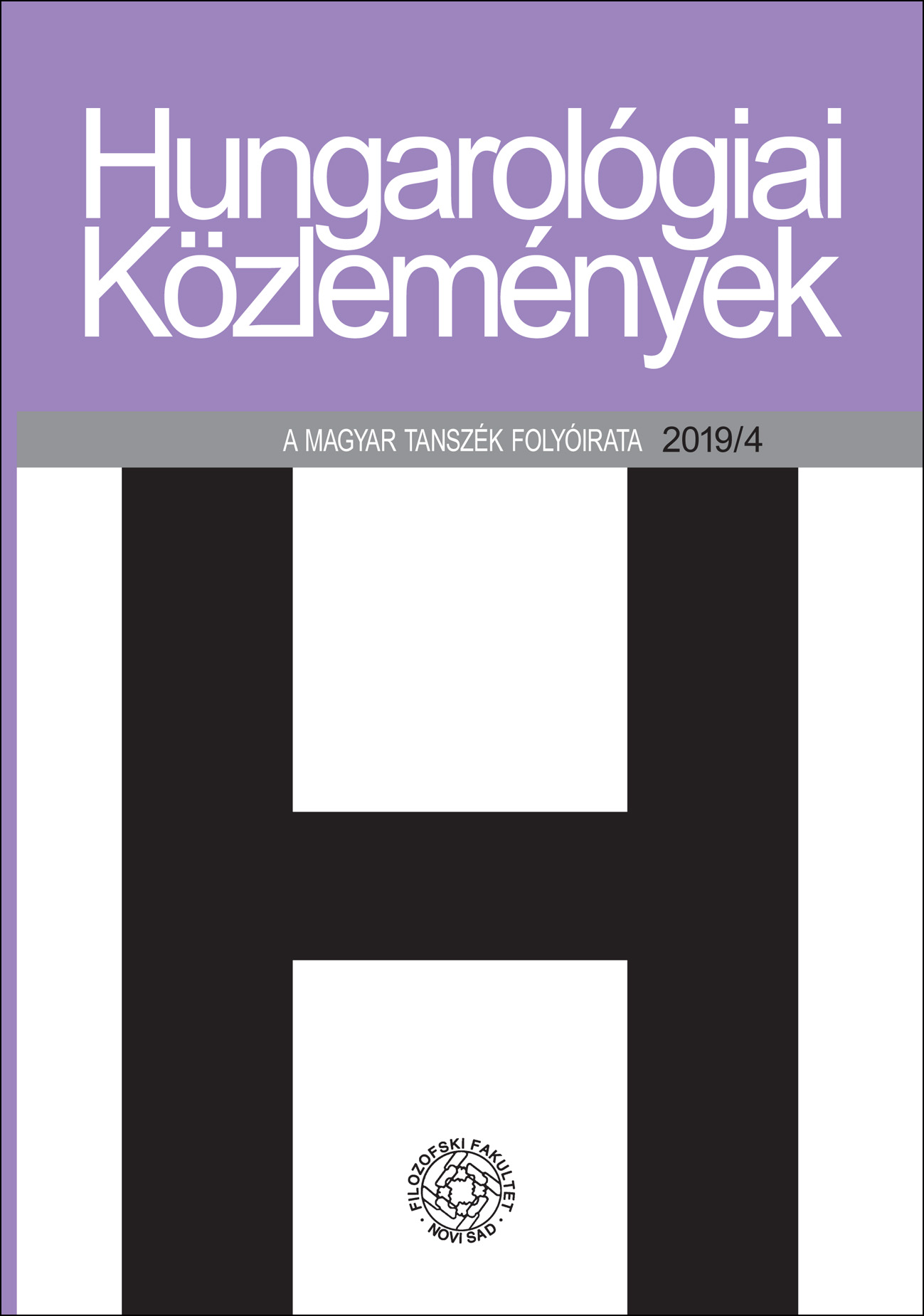Egy műfaji kánon történetéről: az elégiáról kortárs magyar összefüggésben
On the History of a Genre: About the Elegy in Contemporary Hungarian
Author(s): Dorottya SzávaiSubject(s): Hungarian Literature
Published by: Филозофски факултет, Универзитет у Новом Саду
Keywords: elegy; anti-elegy; elegiacal-ironic; genre canon; contemporary Hungarian poetry
Summary/Abstract: The study starts from the fact that the presence of the genre of elegy has recently strikingly increased in contemporary Hungarian poetry. So much so, that in the lyric output of the last few years we find many volumes that carry the genre marker even in their title. This paper gives an overview of the directions that recent researches on lyricism and genre theory have taken since the noteworthy ideas of New Criticism and the American deconstruction theory (De Man, Culler). The issue is considered in the context of contemporary European and American “new-elegy” of which one of the most dominant version is the so called self-elegy. The latter shows the poet sharply as an imprint of his age and geocultural identity. The study of the genre of elegy in the trend or more precisely trends of what is considered “postmodern” in contemporary Hungarian poetry also calls for a critical rethink of the question of the postmodern canon in this respect. All of this is discussed firstly in the context of Baudelaire’s, and secondly Rilke’s historical impact, which represent two differing but inevitable canons of modernity in the European history of the elegy genre.
Journal: Hungarológiai Közlemények
- Issue Year: 20/2019
- Issue No: 4
- Page Range: 1-20
- Page Count: 20
- Language: Hungarian

